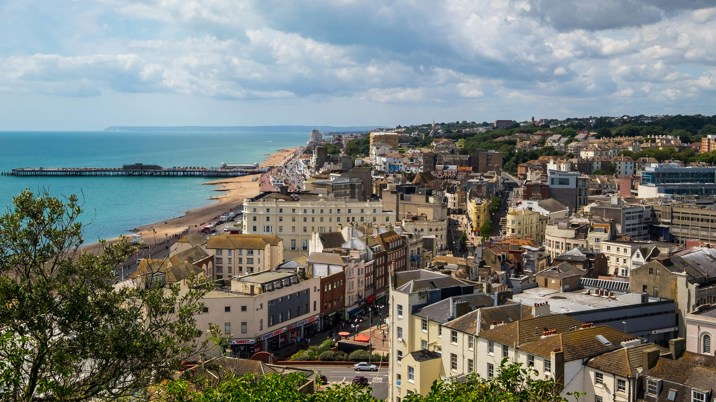
According to the UK nationally representative OnePoll survey, 81 per cent of UK adults think local news media will be important in debunking AI-generated misinformation about the general election. In addition, 80 per cent agree local news media will be the most important source for local news about the general election.
The public firmly believe that local news media – which reaches 42 million people a month in print and digital - is a force for good in local communities. Conducted in March, the OnePoll survey found that 91 per cent of the public agree that local news media improve communities by campaigning on issues that matter to residents.
Writing for the NMA’s Journalism Matters campaign, Culture Secretary Lucy Frazer MP said: “As Culture Secretary I am proud of the exceptional journalism we have in this country and the 900 news titles that make up our flourishing media scene. Local newspapers, powered by committed local reporters, copy editors, photographers and publishers, are part of the lifeblood of that industry.”
In her op ed for the campaign, Shadow Culture Secretary Thangam Debbonaire MP said: “Quality regional and local media is crucial for democracy. It’s the glue that helps bind and build resilient communities.”
NMA chairman Danny Cammiade said: “As we enter the age of misinformation supercharged by increasingly sophisticated technology, the role of trusted sources of news and information will become even more important than it is today.
“At the core of this is UK local news media – local newspapers and their websites – which serves communities with trusted local journalism on an hourly, daily and weekly basis across a wide variety of platforms, acting as a powerful force for good.
“Government can foster an environment in which local media can thrive by placing the sector at the heart of its levelling up agenda and taking decisive action such as diverting more advertising spend to local news and reining in the BBC’s expansion into local markets already well served by commercial providers.”
The Local Matters report from the NMA highlights some of the numerous examples of strong local journalism produced by the sector such as Birmingham Live’s campaigning for the victims of the Birmingham pub bombings, the Express & Star’s campaigning on the NHS, and the Maidenhead
Advertiser’s scoop about former Prime Minister Theresa May standing down which set the national news agenda.
The report highlights examples of innovation from the sector such as the award-winning Public Notice Portal and publishers’ use of AI in their businesses such as Iliffe Media’s use of technology to rebuild print advertisements to make them suitable for use on websites.
Last year, says the NMA, a report on the sector from Enders Analysis found that encouraging market innovations from the sector are sending a strong signal and building industry confidence and “new foundations for consumer relevance and growth” are being meticulously crafted.
Building on the NMA’s Manifesto ‘A Sustainable Future for National, Regional and Local Media’, the Local Matters report proposes five actions for the next government to take to place local media at the heart of its levelling up agenda and support local journalism:
- Rebalance the digital markets. The passage of the Digital Markets, Competition and Consumers Act means that the Competition and Markets Authority will have the tools it needs to level the playing field between publishers and platforms. The new regime must empower local publishers to reap the fair rewards for use of their content by platforms, including AI firms who feed off trusted news.
- Recognising the importance of local media to devolution and local growth by diverting more government advertising spend into local news media. In 2022, the government spent less than three per cent of its advertising budget in local news media compared to 17 per cent spent on Google and Facebook. Some of the funds allocated to the platforms could easily be diverted to local news media;
- Rein in the expansionist ambitions of the BBC and its plans to expand into digital local news markets already well served by commercial providers. Eighty-nine per cent of the public agree that it is not the BBC’s role to replace independent commercial news titles in publishing journalism online;
- Maintain the statutory requirement for public notices to be published in printed local newspapers – a critical platform particularly for vulnerable and elderly groups and those with low levels of digital literacy;
- Consideration should also be given to targeted interventions for the local news sector such as a local journalism tax relief and business rates relief for local titles, allowing publishers to focus even more investment on putting more journalists on the ground, as they transition their businesses to a digital-first future.
Keep up-to-date with publishing news: sign up here for InPubWeekly, our free weekly e-newsletter.










